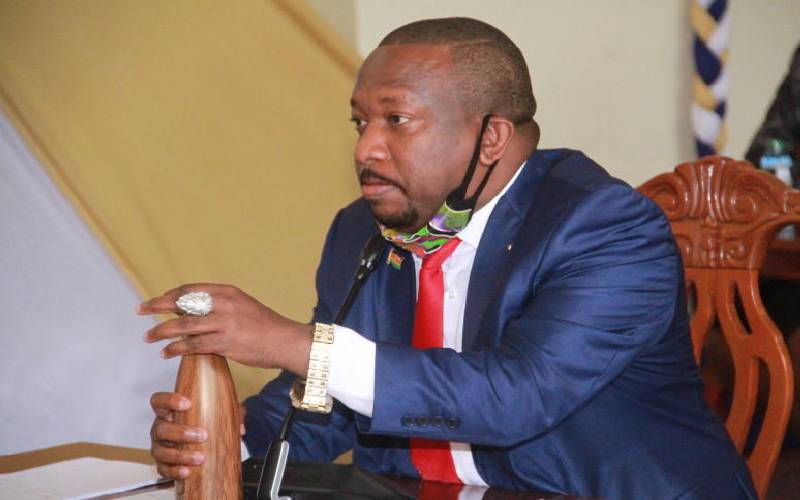×
The Standard e-Paper
Fearless, Trusted News

Nairobi Governor Mike Sonko. [Standard]
Deputy President William Ruto's reservations on the cure for the winner-takes-it-all as proposed by the Building Bridges Initiative (BBI) report has opened a vibrant debate on the issue.